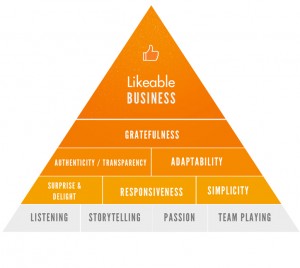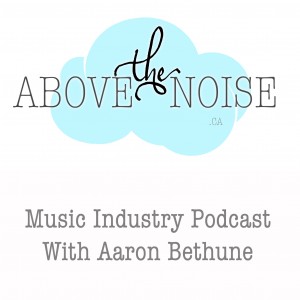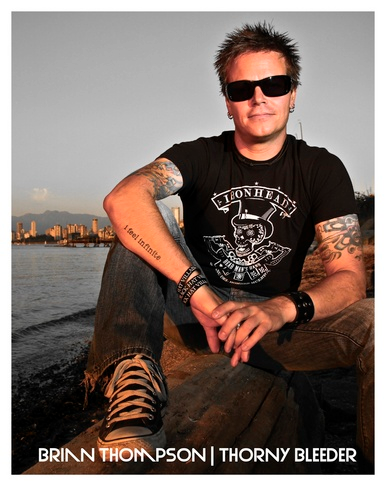 This is a book review of Dave Kerpen’s second book, Likeable Business: Why today’s consumers demand more and how leaders can deliver. Kerpen is the co-founder and CEO of Likable, a social media and word-of-mouth marketing firm in New York. He has also been named the most social CEO of the Inc. 500. I read Dave’s first book, Likable Social Media, and was so enchanted with it that when I heard that he had written a second book, to be released fall of 2012, I ordered it right away. Since the thesis and case studies in Kerpen’s first book seemed directly applicable to businesses of every size and kind, it seemed natural that his consulting experience with companies and social media would easily translate into a more generalized business strategy book.
This is a book review of Dave Kerpen’s second book, Likeable Business: Why today’s consumers demand more and how leaders can deliver. Kerpen is the co-founder and CEO of Likable, a social media and word-of-mouth marketing firm in New York. He has also been named the most social CEO of the Inc. 500. I read Dave’s first book, Likable Social Media, and was so enchanted with it that when I heard that he had written a second book, to be released fall of 2012, I ordered it right away. Since the thesis and case studies in Kerpen’s first book seemed directly applicable to businesses of every size and kind, it seemed natural that his consulting experience with companies and social media would easily translate into a more generalized business strategy book.
The gist of Likable Business is that the same key principles of effective business use of social media – to listen, be responsive, and tell stories – apply beyond social media, to business in general. The book is written for marketers and executives at small, medium and large companies who wish to “reorganize not only the way they do business around their customers, but the way they empower their people to become likable leaders.” (6) As Kerpen states up front, this is not a research-based or analytical book – “for data junkies, something will be missing” (6) – nor is it a list or manual for the latest tools to optimize the online presence of a business. You could, however, call it a manual of business etiquette for modern companies of every size, from one-person consulting shops to large multi-national corporations.








